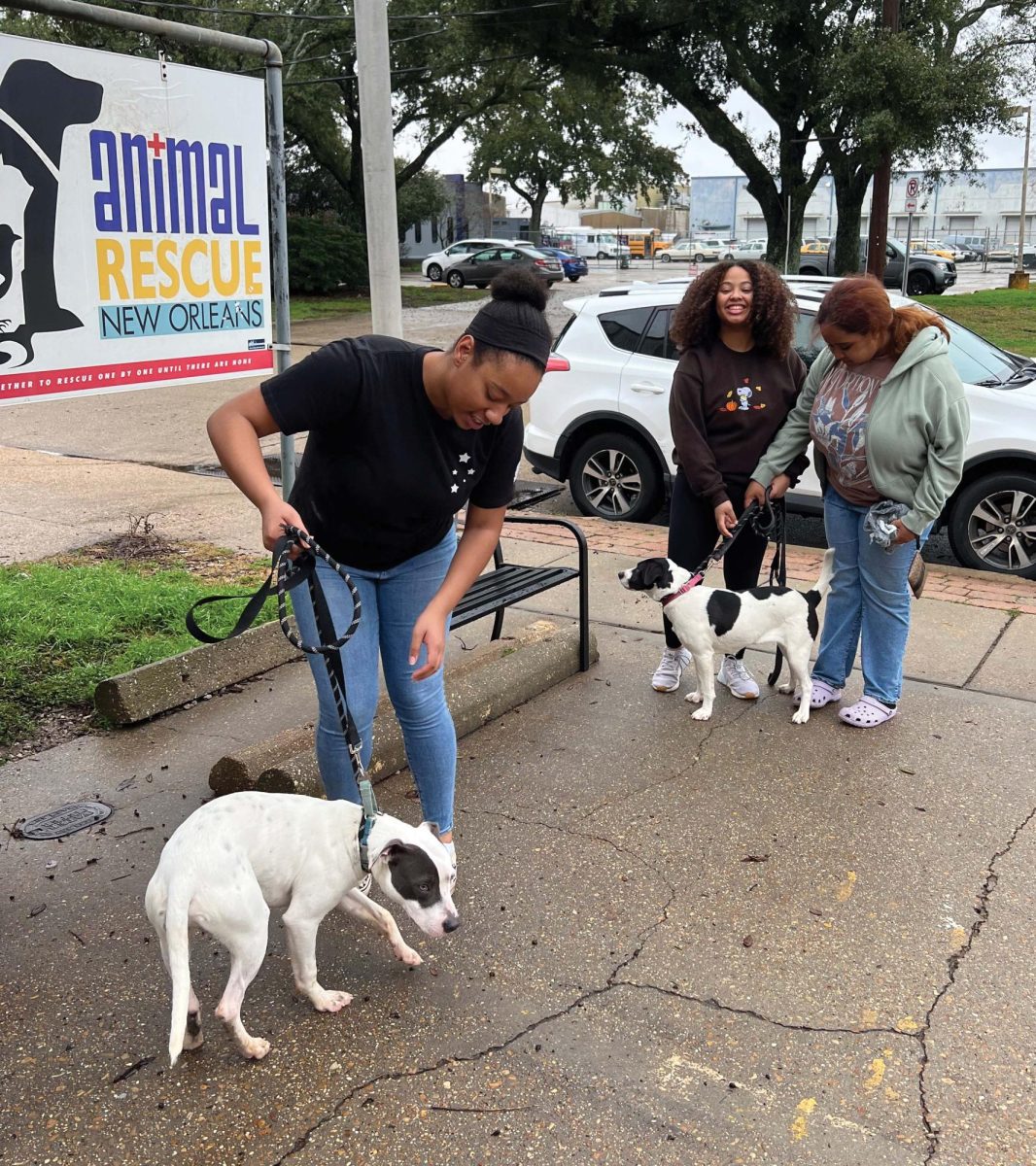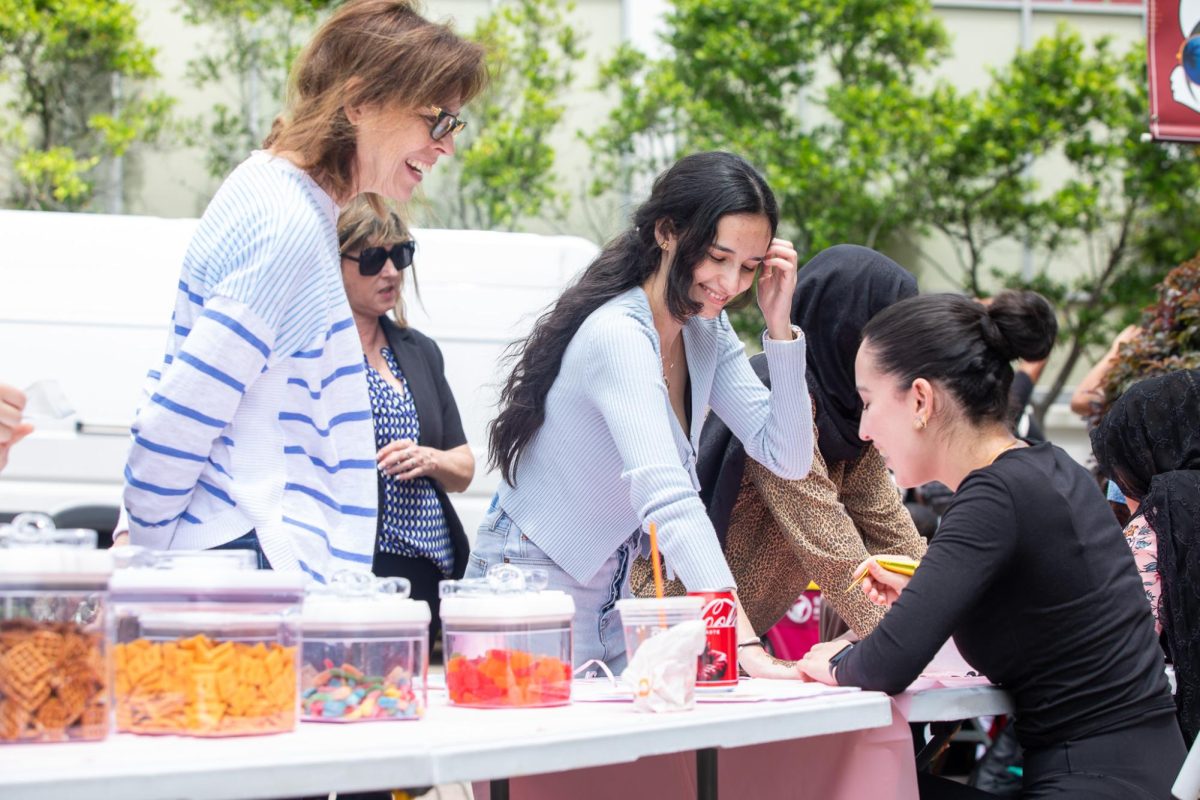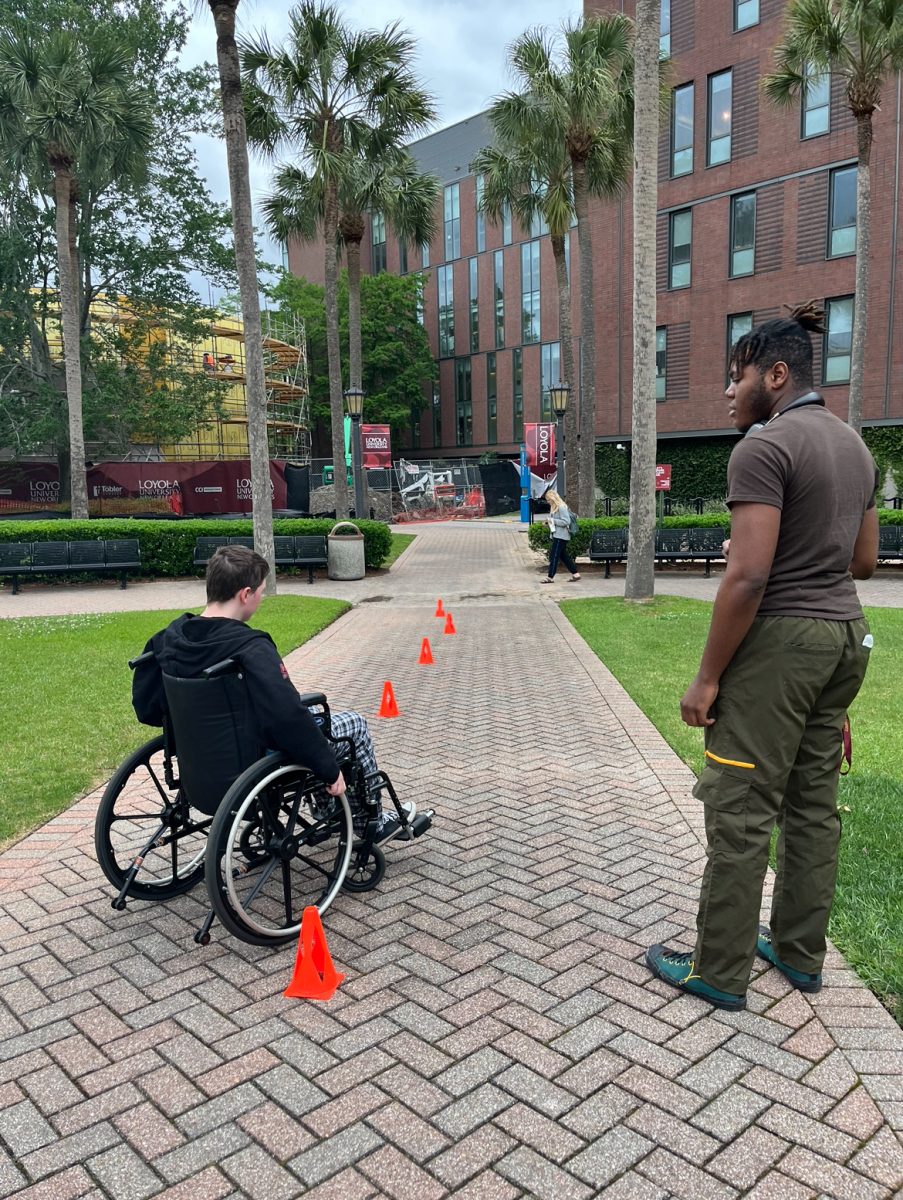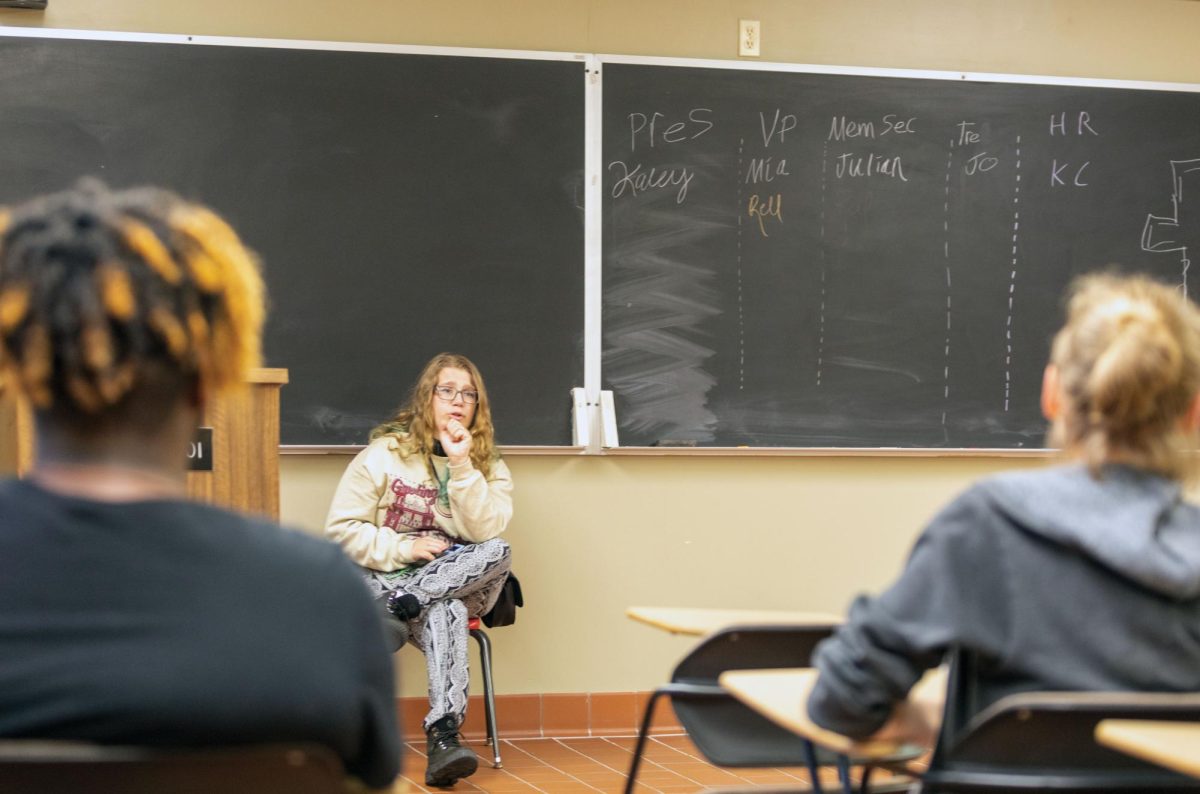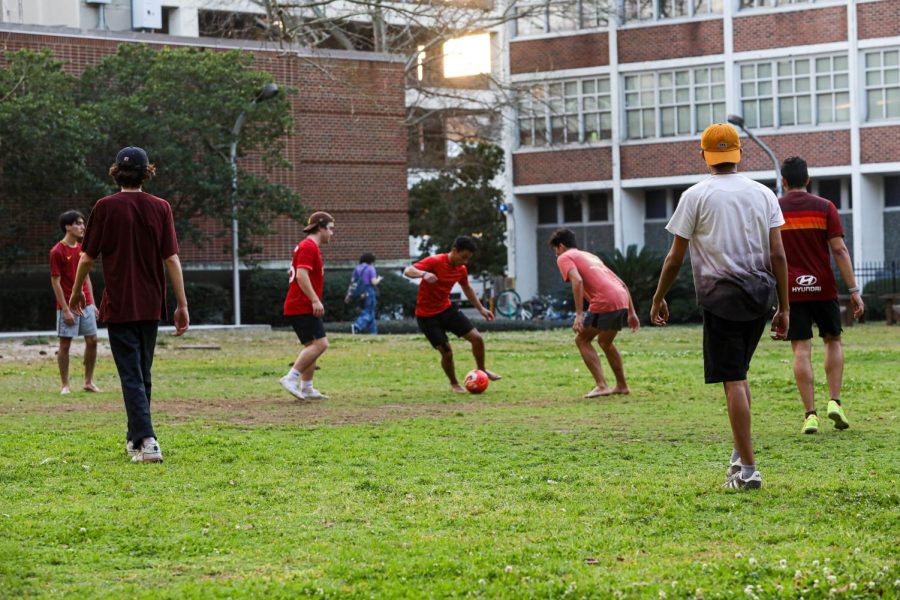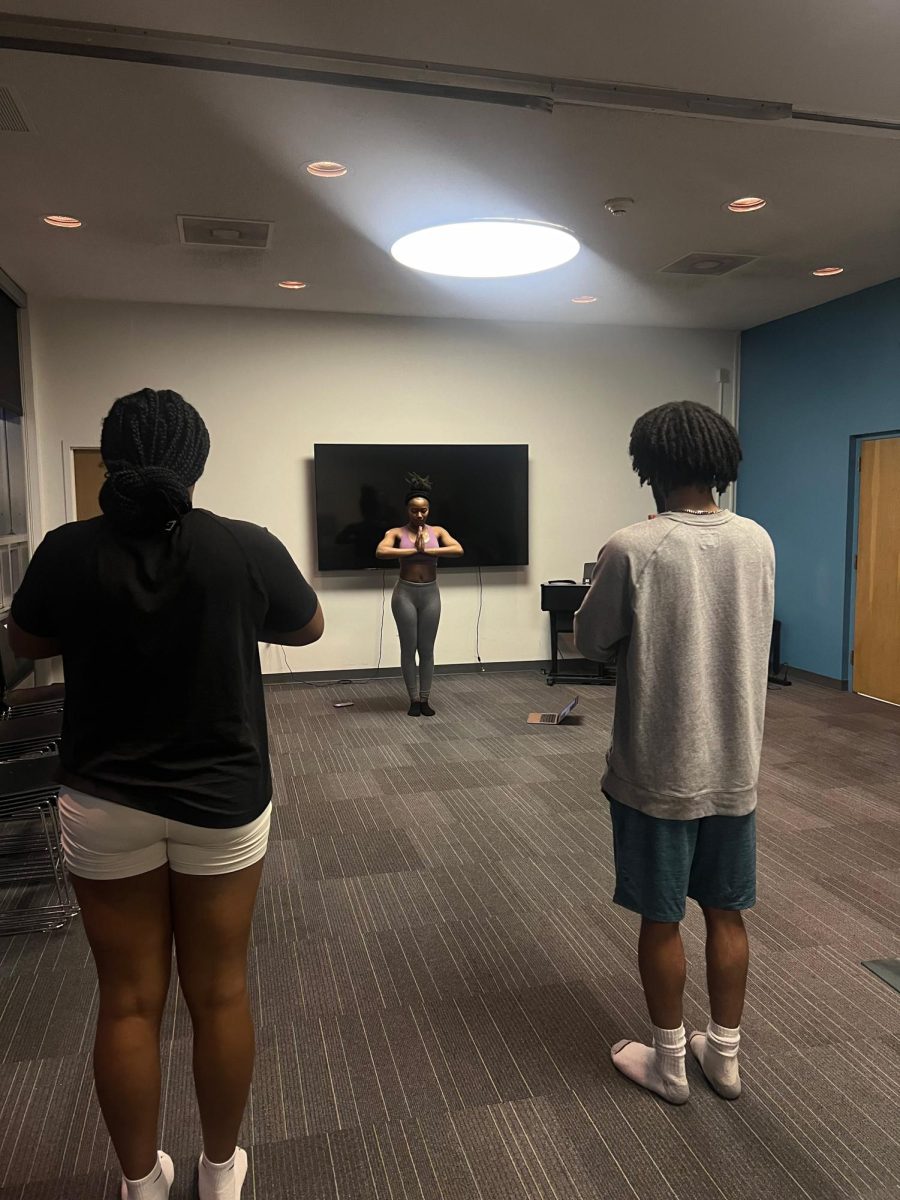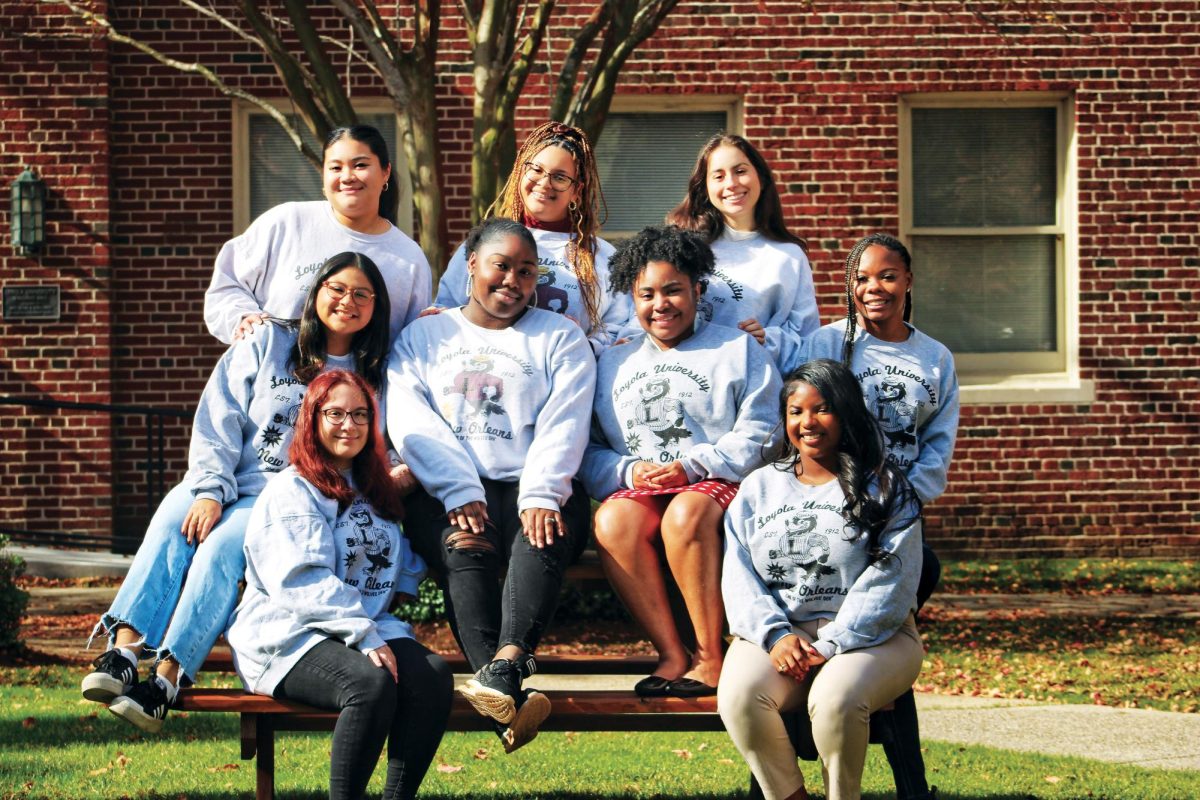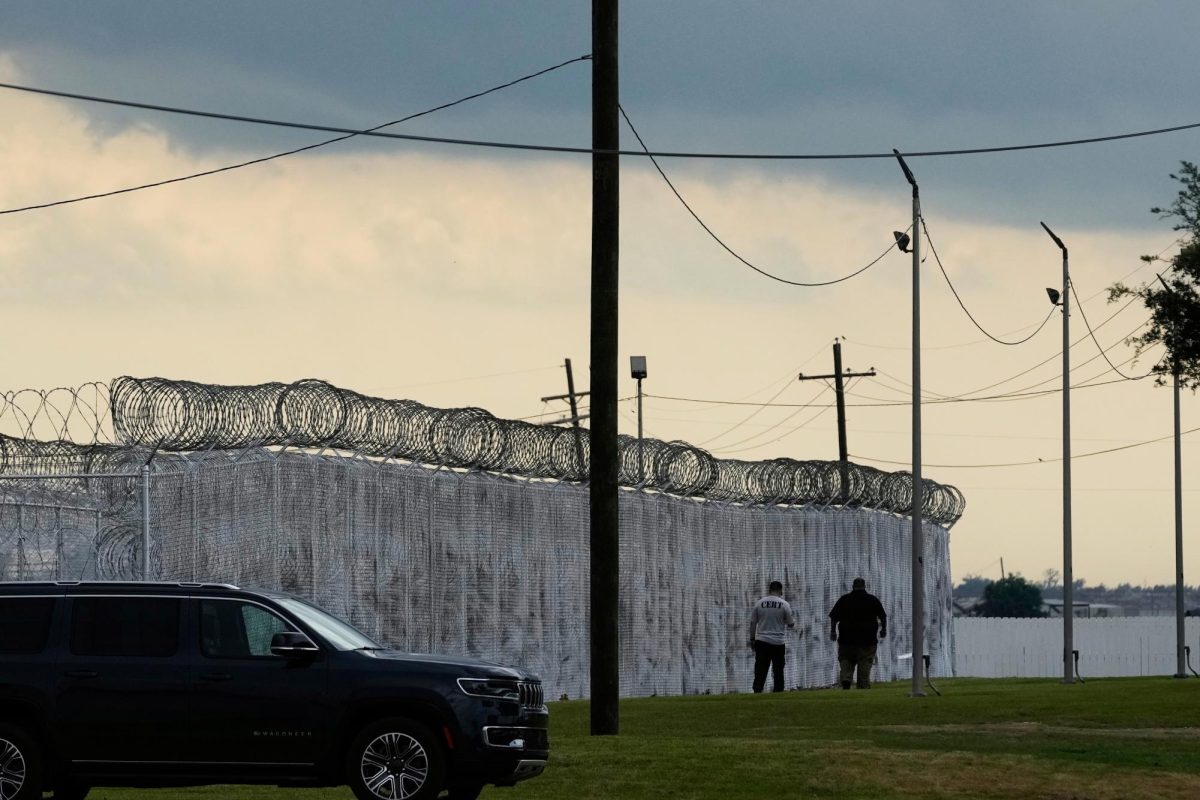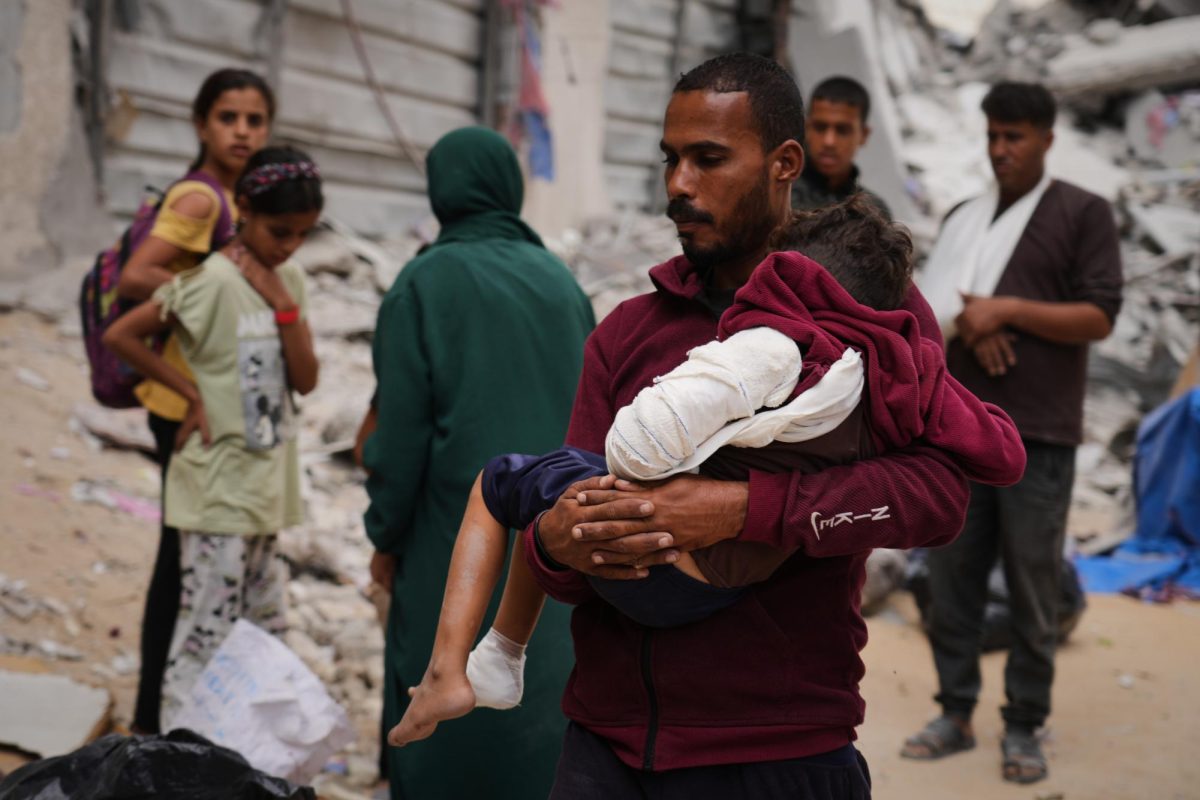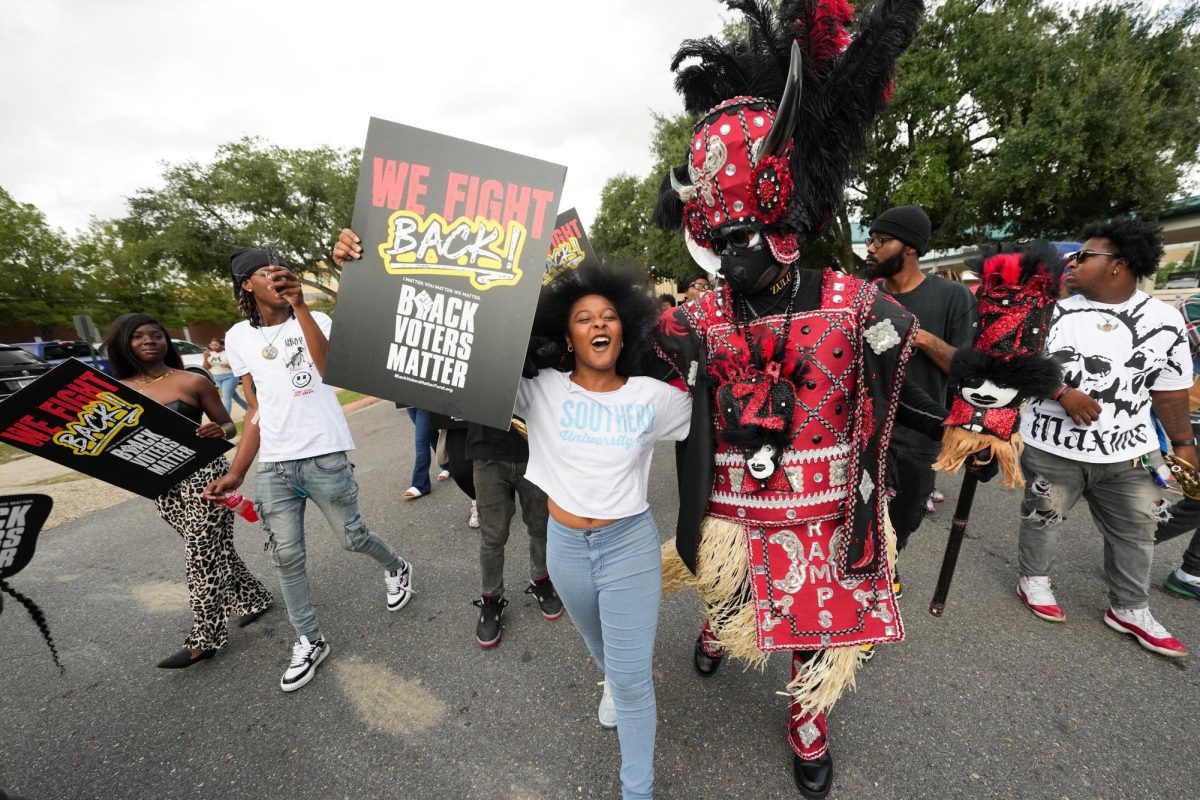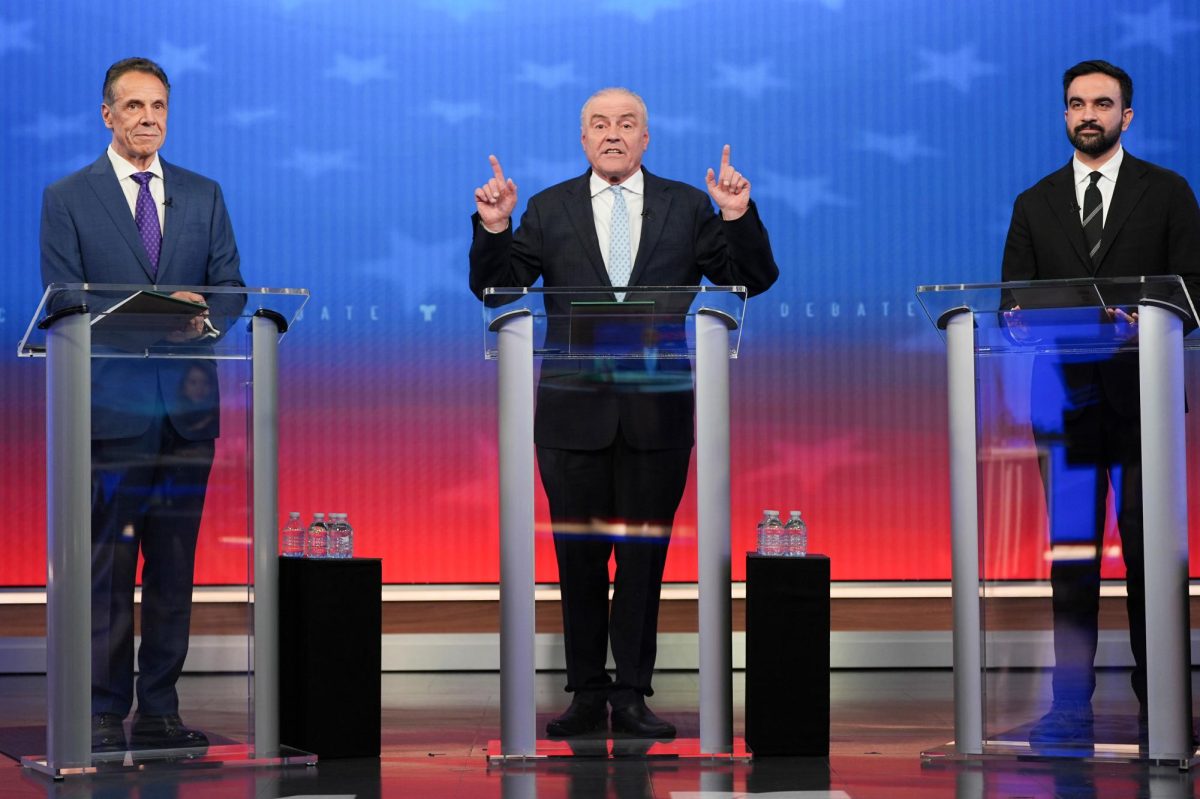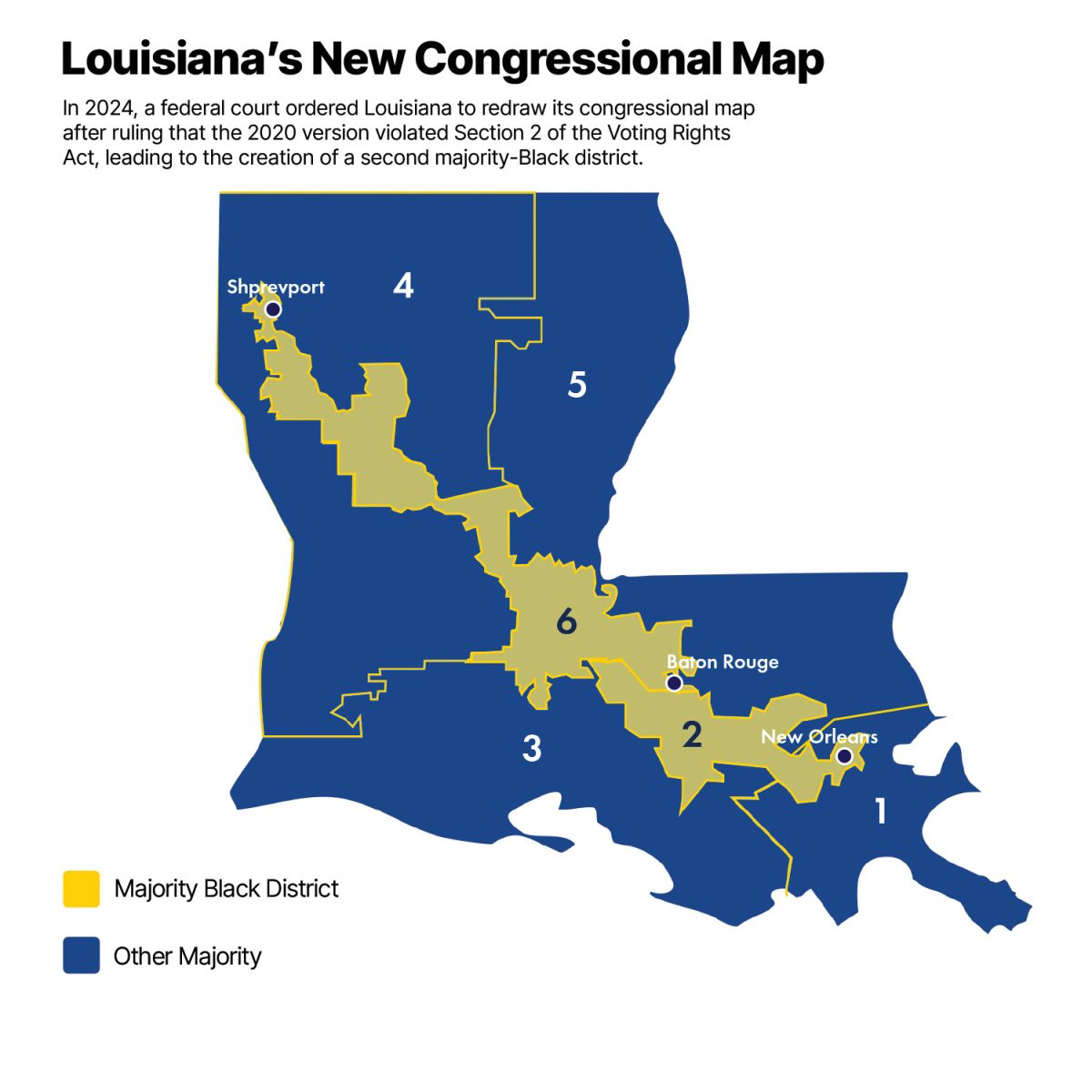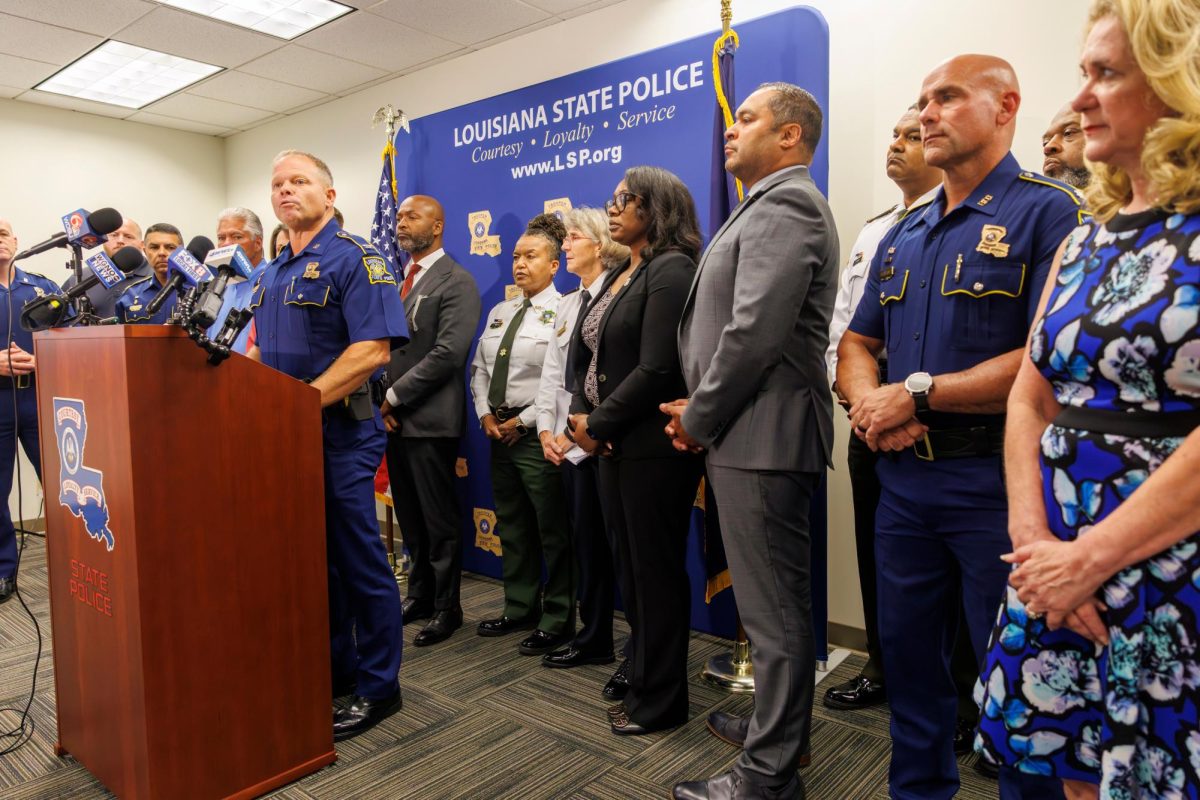Since its beginnings, the Loyola University Community Action Program has given Loyola students the opportunity to service and connect with the Greater New Orleans community.
Founded around 1975 by former students Mary Baudouin, Fernando Chang-Muy, Bob Guasco, and others. They hoped to make a difference.
“A number of us wanted an outlet to live out our desire to do good, not just talk about being good, so we got together to get volunteers to go into the city and do projects,” Chang-Muy said.
Since it was a student-led organization, they said that there was sometimes a struggle to plan service. The combination of a lack of advisors and their personal management of studies and work provided them with difficult times.
But they always made it work for the love of helping others.
Salvador Longoria, who joined in 1976, said, “I would say the challenges back then revolved around us as full-time college students managing and scheduling students and working with all the agencies, schools – tasks new to us all. We were able to see our impact on the people that we served, and that gave us all the motivation that we needed.”
The group said they made life-long friendships with people from many different backgrounds and majors through the love of volunteering and social awareness.
Along with forming lasting relationships, the organization had projects that focused on advocacy and protesting, imprisoned people, the education system, and immigration. Many of these service efforts remain in the organization today.
“Service was the main specified mission but not only direct service as in visiting the sick, tutoring prisoners, etc. but also social advocacy. [LUCAP] worked closely with campus ministry, and many of us attended mass regularly. We also had retreats,” Eduardo Fernandez, who also joined in 1976, said.
Many of the former members took the excitement they had and what they learned in LUCAP to continue volunteering and helping others after graduating from Loyola.
Chang-Muy, for example, is a lawyer and a teacher who volunteers with immigrants serving nonprofits by training their boards on their roles, giving them training on how to give and get money to support their non profits.
Chang-Muy also helps nonprofits with strategic planning, and as a lawyer, he takes on at least six to seven pro bono asylum cases a year.


